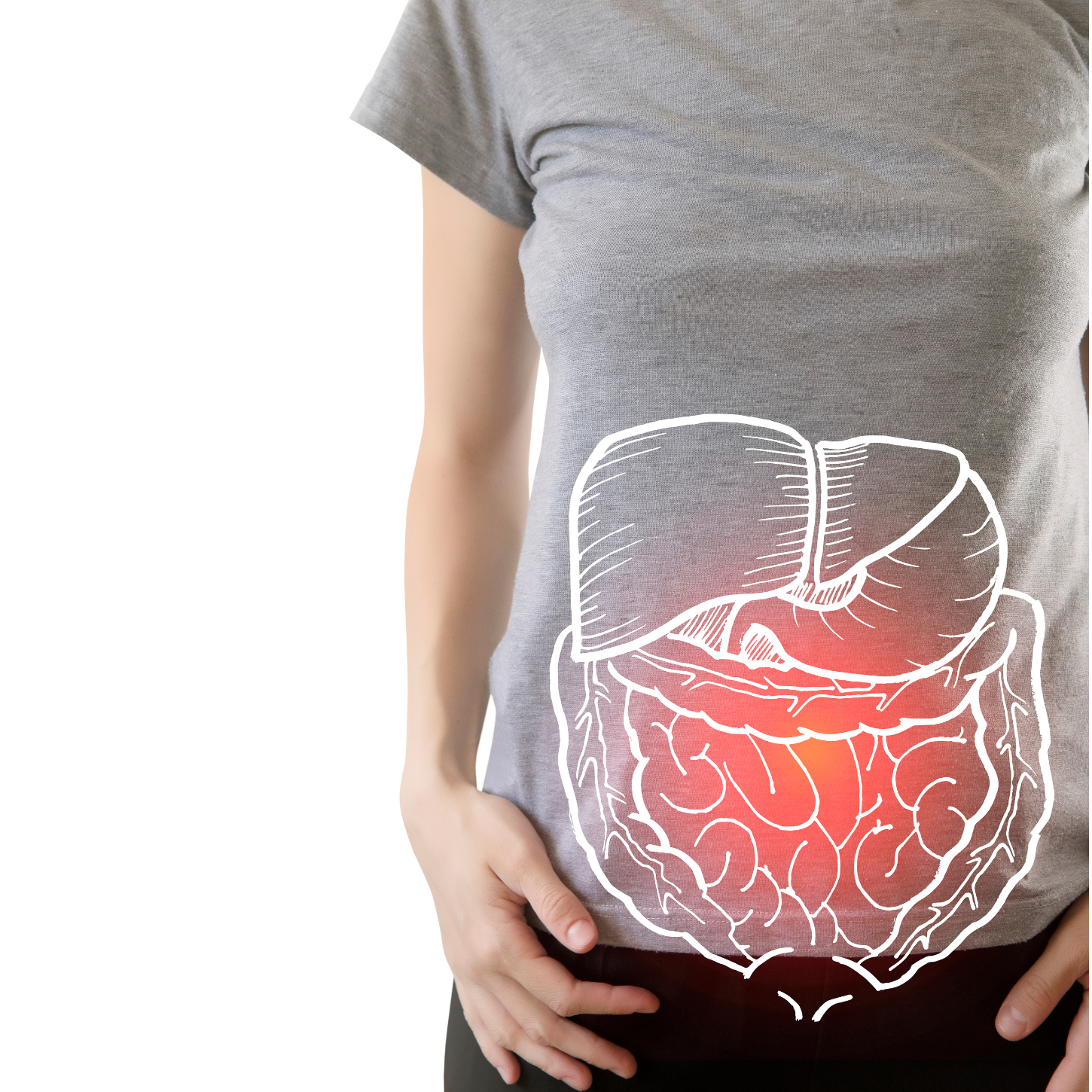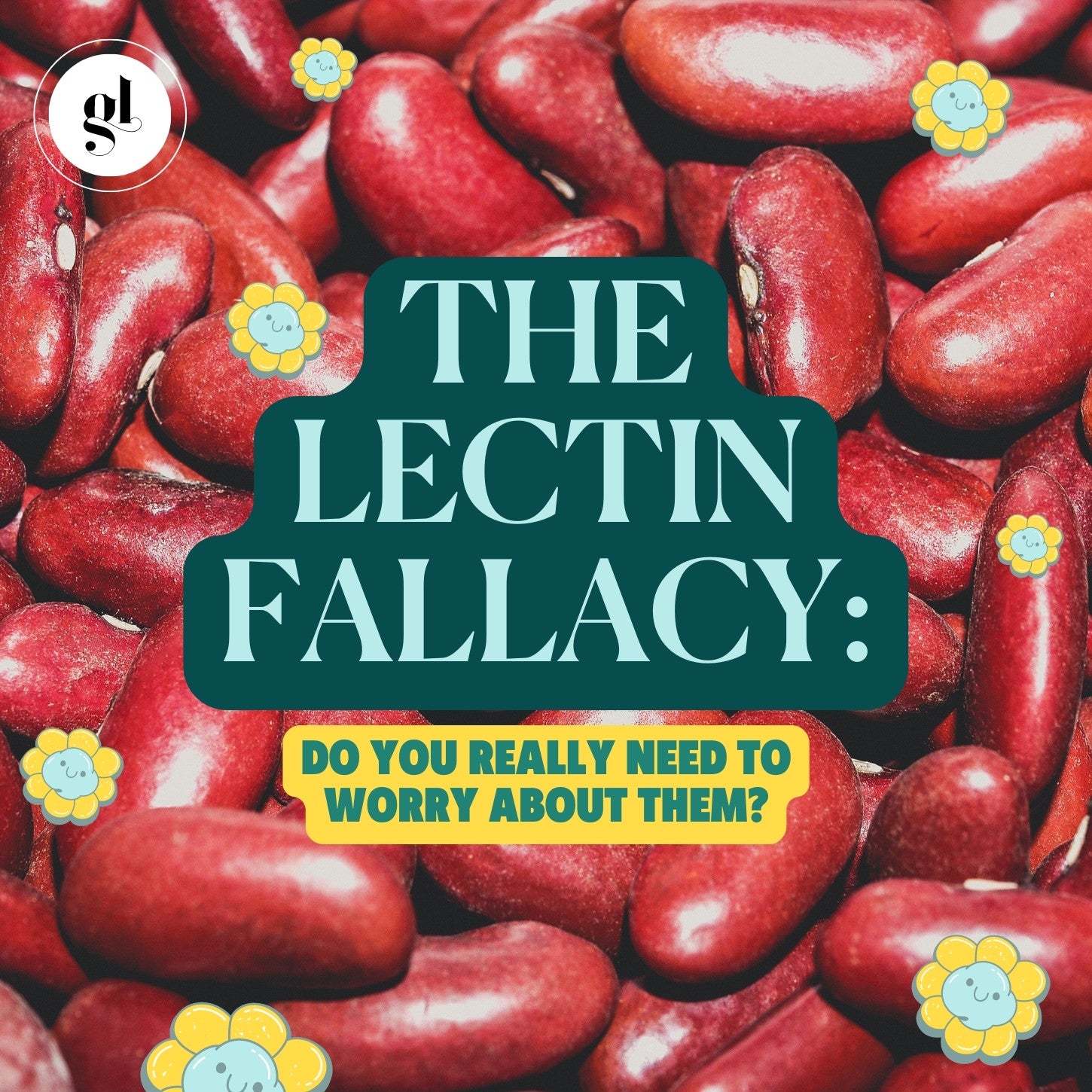Living with a chronic disease such as ulcerative colitis is not easy.
Having to stay within a yard of your bathroom can make it feel like you have a prison sentence. The discomfort and fatigue leave no energy for social events or plans, your work may suffer, and family members and friends often just don’t understand how you feel.
But don't give up yet!
With the help of diet and lifestyle strategies and natural remedies, managing this chronic condition is totally possible so that life doesn't just become functional again; but enjoyable too.
Table Of Contents:
What is ulcerative colitis?
Ulcerative colitis is one of the major types of inflammatory bowel disease (IBD). It is autoimmune in nature, meaning the body is attacking itself.
Ulcerative colitis is characterized by chronic inflammation of the colon. It usually occurs in the lower part of the large intestine; however, it is known to affect the entire large intestine. The inflammatory process can trigger a wide variety of symptoms, such as persistent abdominal pain, diarrhea, rectal bleeding, fever, weight loss, and debilitating fatigue. The clinical course of UC alternates between periods of relapses and periods of remission.
In the United States, about 1 million people suffer with ulcerative colitis. Worldwide, UC is more common than Crohn’s disease, the other major inflammatory bowel disease.
Symptoms of ulcerative colitis
The symptoms of UC can range from mild inconveniences to more severe effects and vary depending on the degree of inflammation and which portion of the large intestine is involved.
The number one presenting symptom is bloody diarrhea. Other common symptoms include abdominal pain, tenesmus (the urge to do a number two even though your bowels are already empty), and the unshakeable feeling you “gotta go.”
Other symptoms include:
- Fatigue
- Fever
- Weight loss
- Raised white blood cell count
- Skin lesions and other issues
- Inflammation of the tongue and lips
- Ocular issues such as inflammation of the eye
- Dehydration
- Night sweats
Risk factors
There are a number of key risk factors for developing ulcerative colitis, including:
-
Age: research has shown UC has an incidence peak in the second or third decades of life followed by a second peak between 50 and 80 years of age.
-
Race and ethnicity: the Jewish population has a three times higher risk than non-Jewish populations. Incidence in African-American and Hispanic communities is increasing to comparable levels of white populations.
-
Genetics: About 8–14% of patients with UC will have a family history of IBD, more commonly UC.
-
Smoking: In one study, 2-5 years after smoking cessation, the risk of UC increased and remained elevated for two decades after.
-
Diet: Emerging evidence suggests that a 'Western-style' diet could increase the risk of developing IBD. Studies have shown correlations between IBD and cow's milk protein hypersensitivity during infancy, as well as higher intake of total fat, animal fat, and polyunsaturated fatty acids.
-
Appendectomy: having a prior appendectomy is associated with a decreased risk for UC
-
Imbalanced microbiome (aka dysbiosis): microbial diversity is greater in Crohn’s disease than in ulcerative colitis
Causes
Our immune system's natural response to invaders is inflammation. But when this protective shield goes into overdrive and becomes chronic, it can lead to autoimmunity.
It takes three powerful forces working together - a genetic predisposition, an environmental trigger like stress or toxins, plus the development of leaky gut syndrome- for that inflammatory firestorm to become unstoppable and progress to autoimmunity.
1. Genetic susceptibility
Your genetic makeup can be a powerful predictor of your health - if you're born with certain genes, you could find yourself at risk for developing autoimmune conditions and their associated antibody levels.
However, while certain autoimmune diseases can potentially be part of your genetic code, environmental forces and intestinal barrier function still play a decisive role in whether or not those illnesses will manifest. Without these two modulators, it’s unlikely that you will develop autoimmunity, even if it’s part of your genetics.
So don't worry if you feel like the odds are against you - with smart lifestyle choices and preventive care, autoimmunity does not necessarily have to become reality for even the most predisposed individuals.
2. Leaky Gut
The epithelial lining of the intestines functions like a cheesecloth: only small molecules are supposed to get through to the bloodstream. However, if you have a leaky gut, larger molecules such as food proteins, toxins, and bacteria can get through the “cheesecloth” and into the bloodstream, triggering an inflammatory immune response and the creation of antibodies.
When you are constantly eating foods that you can’t digest properly, you are fueling the inflammatory fire. This reduces the good bacteria in your gut and prompts the growth of bad bacteria.
This imbalance of flora in your gut is called dysbiosis. Not only do these bacterial changes cause food to ferment in the intestines without being digested, leading to undesirable digestive symptoms, but the new bacteria and yeast are also recognized by the immune system as another offending invader, leading to more inflammation, more intestinal permeability, and more immune response in the bloodstream.
Klebsiella and Prevotella are two bacteria which, if in excessive amounts in the microbiome, become inflammatory and can trigger this autoimmune cascade.

3. Environmental Triggers
Food sensitivities
Like food allergies, food sensitivities also cause inflammation. Unlike food allergies, food sensitivities are often marked by a delayed reaction: the body may not respond to the problematic food for up to 72 hours after the food is consumed. Gluten, dairy, and sugar are generally the most common food sensitivities, although you can develop a food sensitivity to almost any type of food.
The longer you go without recognizing a food sensitivity and the longer you continue to eat those foods, the more likely you will develop an autoimmune disease due to the excessive inflammation and tissue and organ damage that it causes. However, once the food causing the problems is identified and avoided, the immune system can begin to recover, inflammation can subside, and the body can start to heal.
Pesticides
There is compelling evidence that supports the conclusion that exposure to pesticides can cause immunostimulation and can contribute to autoimmunity.
Direct immunotoxicity, antigenicity, and the ability of pesticides to disrupt endocrine hormones are the main mechanisms working with pesticide-induced immune dysregulation.
Food additives and preservatives
The incidence of autoimmune diseases has increased along with the expansion of industrial food processing and food additive consumption.
Commonly used industrial food additives can wreak havoc on our gut barrier function, increasing its “leakiness,” and subsequently enabling the entry of foreign antigens. This can prompt an immune response and activate the inflammatory, autoimmune response.
Heavy metals
Heavy metals can influence our immune response by altering how we respond to disease - making them a key player in autoimmune disorders. The metals to pay the most attention to include mercury, lead, cadmium, and aluminum.
Infections
Infections and exposure to pathogens may also induce the development or progression of autoimmunity.
Many types of infection may influence one or more of these diseases, and a single organism may be able to trigger more than one autoimmune disease. Almost all autoimmune diseases have been associated with at least one infection.
For example, with ulcerative colitis, several studies have identified an association with Helicobacter pylori, focal gastritis, and Clostridium difficile.
Emotional stress and trauma
Recent research has raised the possibility that mental and emotional stress may cause autoimmune diseases. In fact, many retrospective studies found that a high proportion (up to 80%) of patients with autoimmune diseases reported uncommon emotional stress before disease onset.
The exact mechanism of the involvement of psychological stress in the physiology of autoimmunity is unknown. However, stress increases inflammation by up-regulating inflammatory cytokines and also triggers neuroendocrine hormones, which can also alter or amplify cytokine production.
This can cause the immune system to go into overdrive, leading to autoimmunity. Stress can also cause a shift in our microbiome which can affect the permeability of our gut barrier. Moreover, stress can have indirect effects by affecting our sleep, what food we decide to consume, our alcohol or drug use, and how much we exercise.
Diagnosis
For those struggling with symptoms that could indicate ulcerative colitis, ileocolonoscopy is the only way to get a definitive diagnosis. The combination of clinical presentation and endoscopic findings - in addition to biopsy results and lack of alternative diagnoses - will provide all the evidence needed for an accurate UC assessment. In addition to confirming diagnosis, it is important to determine the extent and severity of inflammation to tailor treatment correctly.
Treatment
Conventional drug therapy for UC involves the use of corticosteroids, aminosalicylates, cyclosporine, and certain other medications. Despite these pharmaceutical drugs, surgery is the only “curative” treatment available. However, surgery is associated with significant morbidity and mortality and a risk of complication. As a result, surgery is only reserved for very few selected cases.
Fortunately, there is much you can do to manage this condition through diet and lifestyle. Nature also offers us several natural remedies which can help to reduce inflammation, balance the immune system, and alleviate the symptoms of UC that can have a huge impact on your quality of life. Stay tuned for our next blog to find out more.
Recipe Spotlight: Rainbow Garden Salad
This Rainbow Garden Salad is a party for your gut bugs. Plant-based diversity is key to a healthy and vibrant gut ecosystem and the more rainbow-colored your plate is, the healthier your gut is going to be.
This salad can be served as a side to a mains dish or by simply adding some legumes or nuts, this dish could be a meal in itself. Enjoy!

















What Do You Think? Comment Below: